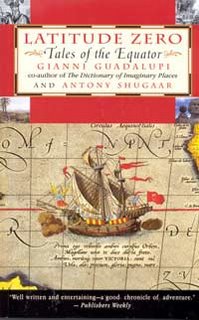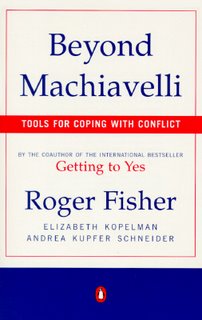XII
When I do count the clock that tells the time,
And see the brave day sunk in hideous night;
When I behold the violet past prime,
And sable curls, all silvered o'er with white;
When lofty trees I see barren of leaves,
Which erst from heat did canopy the herd,
And summer's green all girded up in sheaves,
Borne on the bier with white and bristly beard,
Then of thy beauty do I question make,
That thou among the wastes of time must go,
Since sweets and beauties do themselves forsake
And die as fast as they see others grow;
And nothing 'gainst Time's scythe can make defence
Save breed, to brave him when he takes thee hence.
Shakespeare's Sonnets
Analysis
When I do count the clock that tells the time,My professor used to say this one so clearly defined the passage of time...even the sound of the clock...
And see the brave day sunk in hideous night;...the passage of life, from life to death and light to darkness...
When I behold the violet past prime,...the curdling of youth and beauty, the maturing of innocence to experience...
And sable curls, all silvered o'er with white;...Shakespeare wrote of the dark lady here, never named with her hair turning white...
When lofty trees I see barren of leaves,...seasons symbolizing life and death...
Which erst from heat did canopy the herd,
...an image of pastural beauty turning again to the warmth removed from the herd...
And summer's green all girded up in sheaves,...the end of harvest time, the kimchang...
Borne on the bier with white and bristly beard,
...the bier is a coffin's carrier, Shakespeare speaks of his own death and his own age...
Then of thy beauty do I question make,...he questions the beauty of the dark lady, remembered only by him as in age it is gone...
That thou among the wastes of time must go,...that she also will die old and sick and worn down...
Since sweets and beauties do themselves forsake...beauty eventually abandons the body even of the beautiful youn










